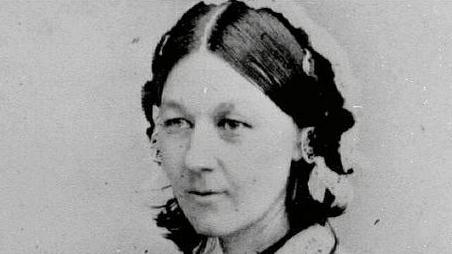Blue plaque for man who studied origins of humans
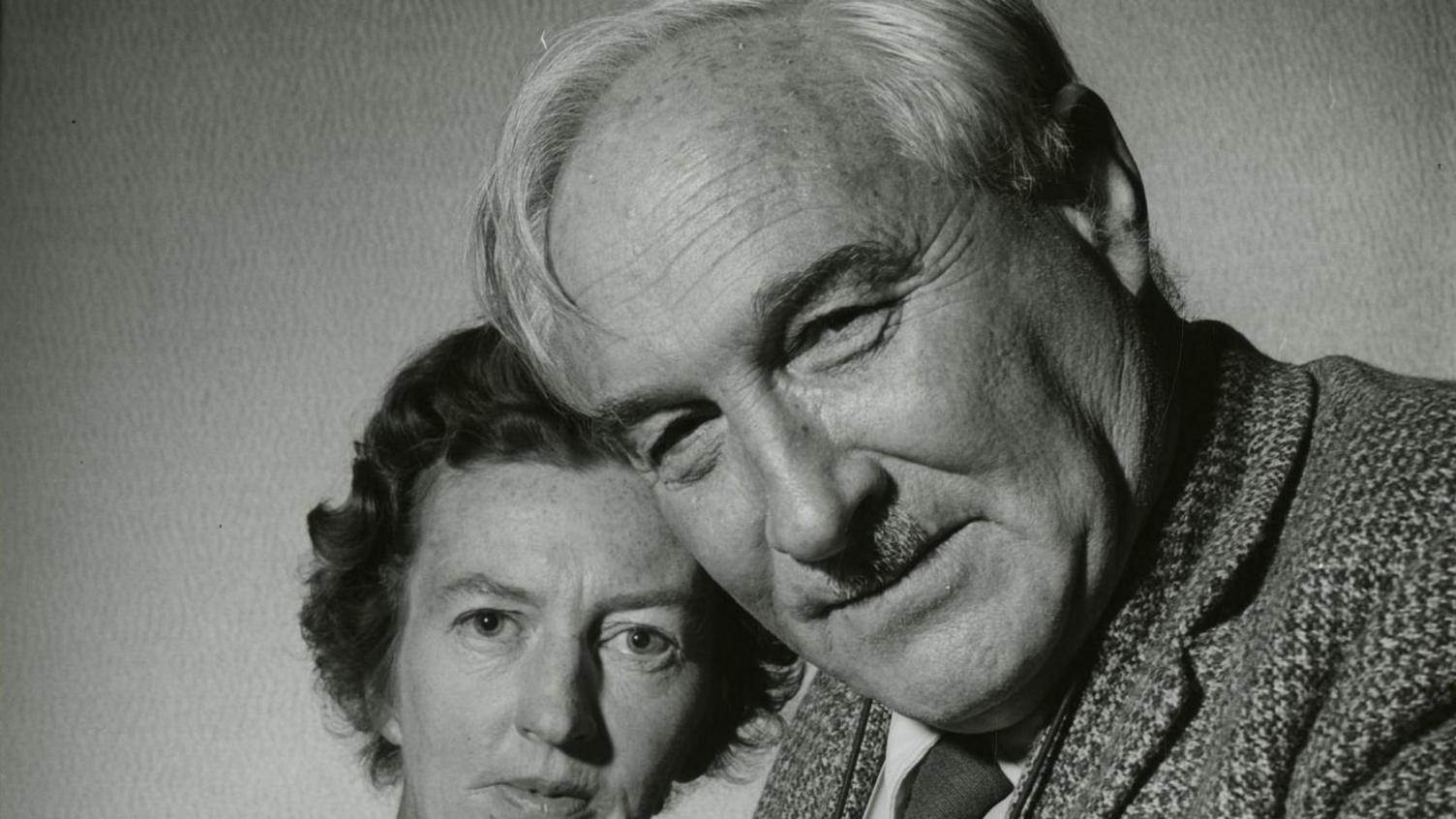
Working alongside his second wife, Mary Leakey, a distinguished archaeologist, Louis Leakey helped uncover a treasure trove of fossil remains and stone tools
- Published
A palaeoanthropologist is being honoured for his work tracing the evolution and origins of humans.
A blue plaque will be installed at the former home of Louis Leakey in High Street, Foxton, Cambridgeshire.
Dr Leakey established that the origins and evolution of mankind began in Africa, he advanced the study of primates and was instrumental in launching the careers of three pioneering female scientists.
The Blue Plaque Committee said the installation aimed to "preserve the stories that shaped our community".
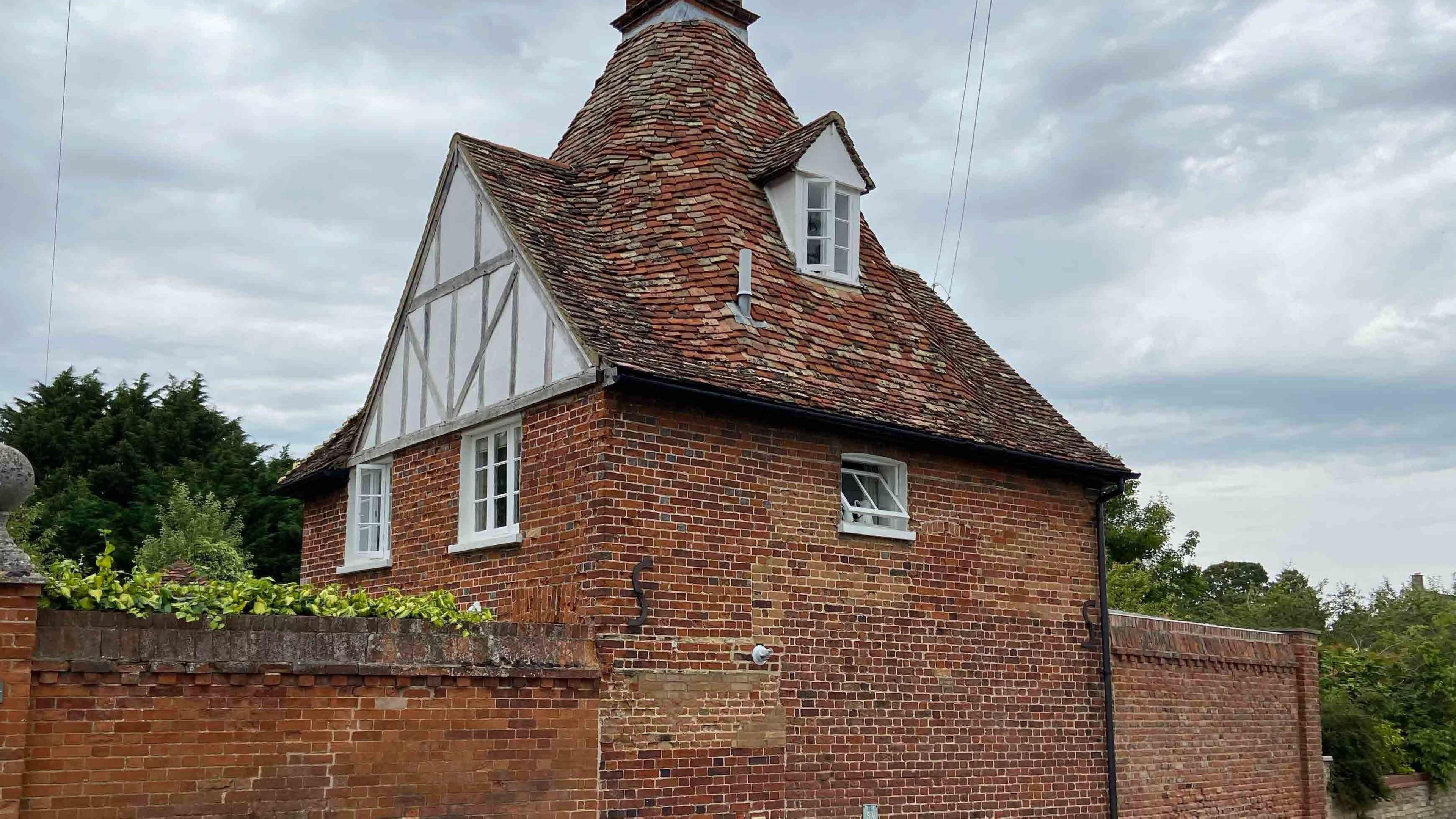
Louis Leakey and his first wife Frida, née Avern, lived in Foxton in the early 1930s - their home was built in 1705 and is of historic interest
The scientist was born in 1903 in British East Africa, now known as Kenya.
His parents were English missionaries, and he grew up among the Kikuyu people, became fluent in the language and was made an honorary member of their tribe.
But his formal education began in England with a scholarship to St John's College, Cambridge.
He studied archaeology and anthropology and became a research fellow before receiving his BA in 1926 and PhD in 1930, both from Cambridge University.
Dr Leakey returned to East Africa in the 1920s to lead a series of expeditions which laid the groundwork for unearthing the story of the evolution of hominids.
His breakthrough came in the 1950s and 60s, through excavations at Olduvai Gorge in Tanzania.
He worked with his second wife, Mary Leakey, and made discoveries such as the remains of Homo habilis while setting new standards in the field.
Dr Leakey believed humans had evolved together as a single, closely related group - which, alongside his discoveries - played a role in what became known as the Out of Africa theory, which was later confirmed scientifically.
Dr Leakey also made a mark on the study of living primates.
He was convinced understanding their behaviour could shed light on early human societies and encouraged young researchers to observe primates in their natural environments.
Dr Leakey then went on to help launch the careers of Jane Goodall, Dian Fossey, and Birutė Galdikas.
Dr Leakey's books and lectures also helped popularise the idea of human evolution.
He demonstrated that Africa was the birthplace of mankind and challenged colonial narratives, a perspective that was scientifically and politically significant during the era of decolonisation.
'Inspire'
A blue plaque will mark his accomplishments and work, some of which were written while he lived in Foxton.
Councillor Tom Bygott said it would be a "fitting tribute to a man... [who] transformed our understanding of early human evolution."
Corinne Garvie, who represents South Cambridgeshire District Council on the Blue Plaque Committee, said: "Leakey's groundbreaking work in tracing human evolution and our origins as a species by studying the fossil record began right here, and it's vital we celebrate and remember the local roots of such global figures.
"Blue plaques help us connect with our past, inspire future generations, and honour the incredible people who once called our villages home."
Get in touch
Do you have a story suggestion for Cambridgeshire?
Follow Cambridgeshire news on BBC Sounds, Facebook, external, Instagram, external and X, external.
More like this story
- Published27 February 2022
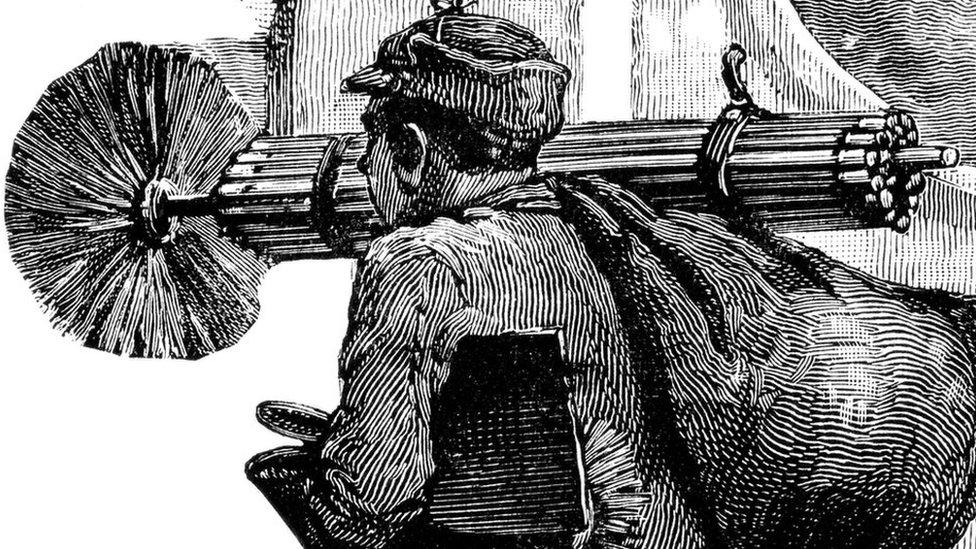
- Published9 April
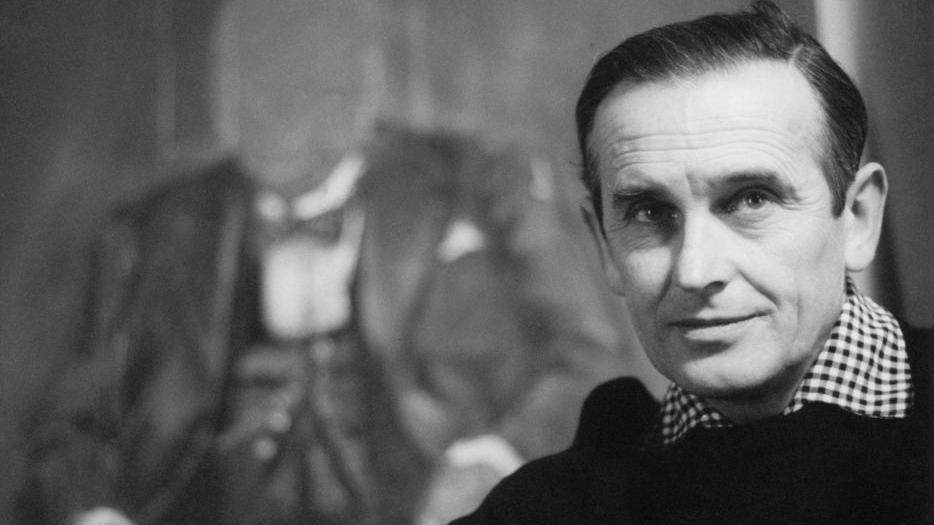
- Published22 March
